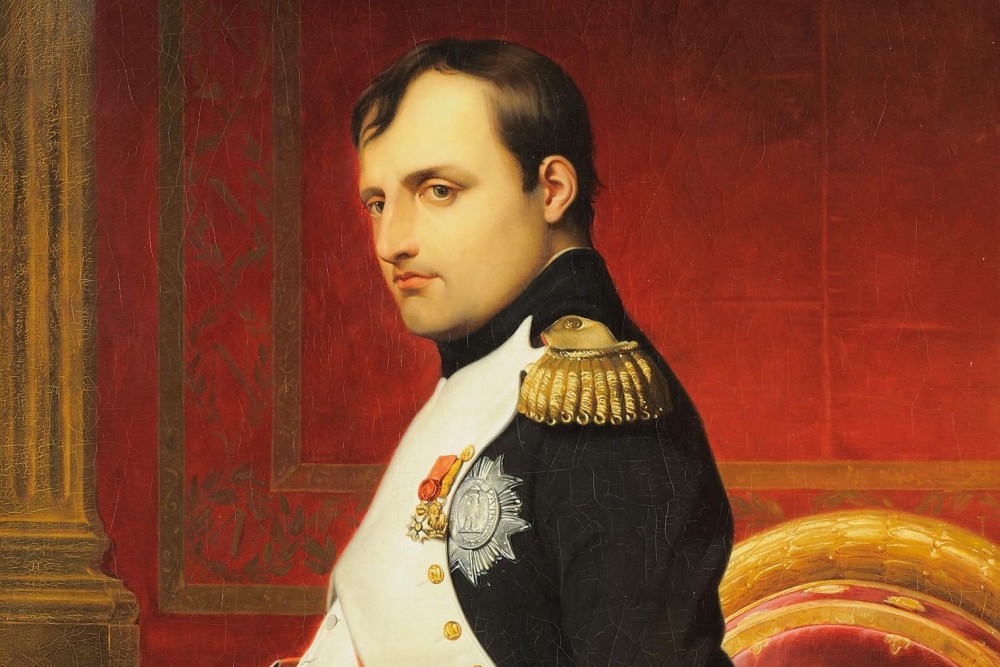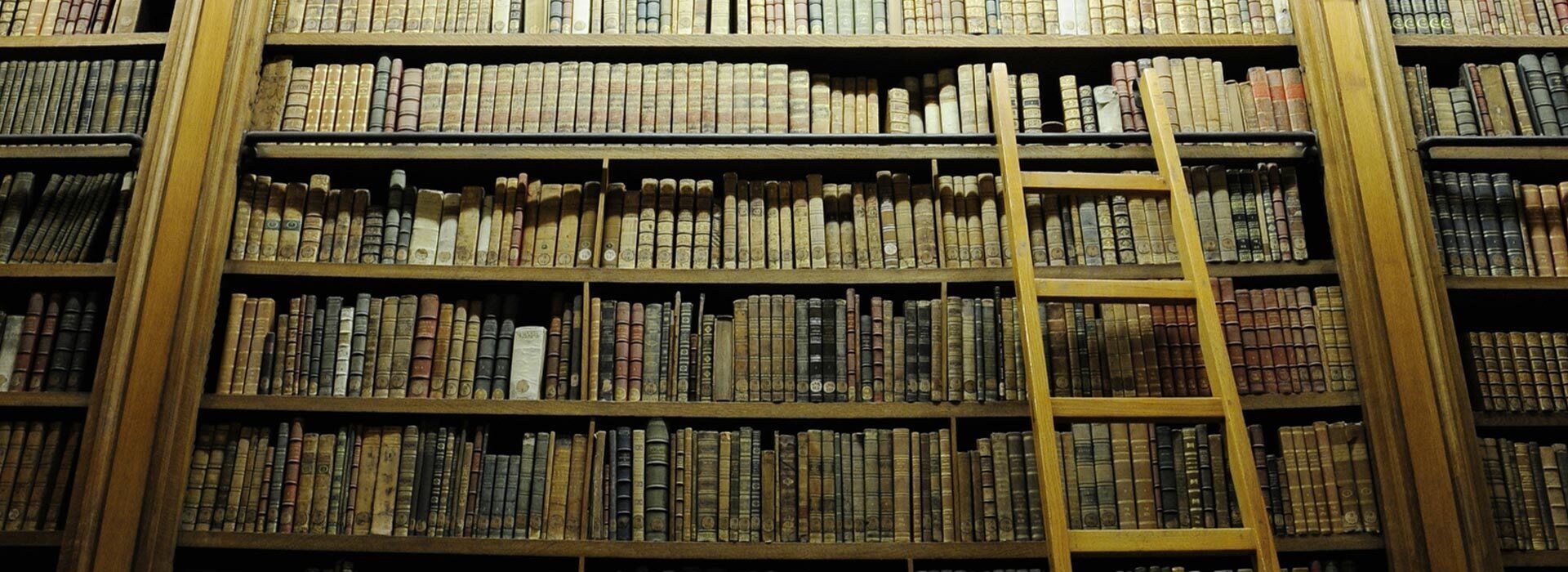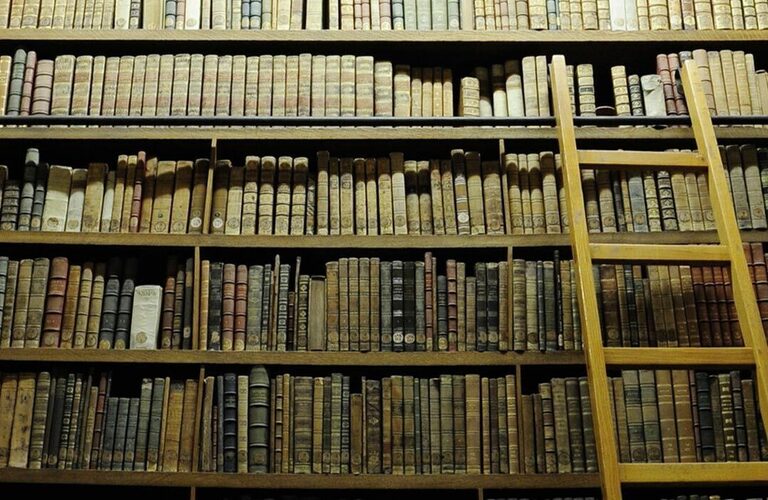
posted 24th May 2024
The name Napoleon Bonaparte has gone down in the annuls of history. His legacy has both inspired and appalled in equal measure. An admiration for his exceptional military genius is coupled with a revulsion at his ego mania and manic obsessions with power. He’s been regularly compared with the great tyrants of the 20th century, Adolf Hitler and Josef Stalin. Only fringe historians have argued that Hitler and Stalin ever represented anything good. But Napoleon has his admirers. Even in the France of today there is a begrudging respect for the glories that Napoleon bought to France during the golden era of his time as Emperor of the French. The French Revolution that made him possible fascinated the Europe of the late 18th century. It led to a prolonged war that dragged in all the major European powers of the time. But why did a Corsican of Italian descent end up as Emperor of the French?
Napoleon Bonaparte was never born to be an Emperor. His origins on the Island of Corsica were anything but those of a future Emperor of a major world power. Napoleon’s father, Carlo Maria, was an Attorney and briefly a part of the revolutionary movements sweeping Corsica. His mother, Maria- Letizia, married Carlo in 1764 and the couple went onto to have eight children. Napoleon showed an interest in a military career from a young age. Having been educated on the French mainland he switched to the military academy at Brienne-Le-Chateau. Napoleon’s time at the military academy proved vital for his future career. During his time at Brienne-Le-Chateau, Napoleon was viciously bullied by the other cadets. His rustic Corsican origins and his poor command of the French language made him a target. But, the trials of youth, made Napoleon Bonaparte.
After leaving Brienne-Le-Chateau Napoleon enrolled at the Ecole Militaire to train to become an artillery officer. From a young age Napoleon had excelled at Mathematics. Napoleon’s grasp of the subject would prove a great asset as his life went on. After Napoleon completed his training he returned to Corsica having been commissioned as a second lieutenant. As the 18th century drew towards its climax, French society was becoming increasingly unstable. Massive wealth inequalities were becoming untenable. The tax burden on the French people was so intense that many could no longer afford to pay. The aristocratic elites were self-interested and corrupt. The situation was ripe for change. In Corsica there was a triple conflict emerging. There were those who wanted to remain loyal to the French Royal family, those who supported the revolutionary cause and those who wanted an independent Corsica. Napoleon’s family background was for Corsican independence, but Napoleon became a committed supporter of the French revolutionaries.
Napoleon rose rapidly through the ranks of the French army after the revolution. So many members of France’s traditional aristocratic elite had been killed or exiled by the revolutionaries that the door was open for rapid advancement for talented people from the lower classes of French society. Napoleon took command of many battles especially at Toulon, where he took on the British. After the victory at Toulon his fame was growing. Napoleon’s great breakthrough came when he was placed in command of the Italian campaign. His natural leadership skills came to the fore and he achieved great victories over the Austrians at Mantua, Castiglione, Bassano, Arcole and Rivoli. Napoleon’s great victories in Italy made him a household name in France. And it was this popularity that gave Napoleon the opportunity to make a bid for power.
After a mixed campaign tying to remove the British from Egypt, Napoleon returned to France. He was now associated with a new France. A France that was egalitarian and was about talent and skill rather than social rank. The reality of France as the 18th century came to an end was different from the rhetoric. Violence was endemic, corruption rife. Napoleon saw an opportunity to take control of France. Many people wanted an end to chaos and a return to some kind of order.
By 1804 Napoleon was the political and military master of France. In May he was formally crowned as Emperor of the French. In 1802 France, Britain and the Spanish Empire signed the Treaty of Amiens that bought to an end the wars of the French Revolution. Under the terms of the treaty France was to withdraw from Egypt and Naples and Britain got to keep Sri Lanka and Trinidad. The treaty ended one period of conflict between revolutionary France and much of the rest of Europe, but Napoleon was only biding for time.
By 1804 Napoleon wanted a return to the glories of war. By 1805 he’d assembled the Grand Armee to attempt an invasion of Britain. The invasion never happened as Britain’s Royal Navy was too powerful to overcome. After Britain defeated the French and Spanish navies at the Battle of Trafalgar the sea war was going Britain’s way. The war on land was very much a different story. Napoleon’s army had secured spectacular victories over the Austrians at the Battle of Ulm capturing 60,000 Austrian troops. After his successes in central Europe Napoleon turned his attention to Russia. Napoleon defeated a combined force of Russia and Austria at the battle of Austerlitz. After Napoleon’s famous victory at Austerlitz, he decided to consolidate the empire. In 1796 Napoleon had married Josephine de Beauharnais but by 1810 the marriage hadn’t produced an heir. Napoleon decided that he had to act for the good of his dynasty. He had the marriage to Josephene annulled and married Marie Louise of Austria to cement a political alliance with the nation he’d been in conflict with for many years. In 1811 Napoleon got what he’d always wanted, and needed, a son and heir. Now he could set his sights on Russia.
Since the French Revolution in 1793 France had almost been in a state of constant war with Britain. By the 1810’s Napoleon saw a trade blockade of Britain as a key part in bringing Britain down. One obstacle to Napoleon’s plans was Russia. Russia didn’t see a trade embargo of Britain and its empire as serving their own trading interests and had rigorously opposed Napoleon’s economic warfare. By 1812 Napoleon had concluded that he would never triumph over Britain whilst Russia was opposing his economic plotting. Napoleon built a large coalition of states to invade Russia, including Denmark, Prussia, Poland and many more. Napoleon’s multi-national force invaded Russia in the summer of 1812. Napoleon’s invasion force consisted of around 500,000 many of whom died of disease by the time his army fought the battle of Smolensk. Smolensk ended in victory for Napoleon, but the Russian military leadership had no intention of capitulation. After the defeat at Smolensk the Russian leadership under Mikhail Kutuzov pursued a scorched earth policy sabotaging Napoleon’s supply lines and consistently avoiding set piece battles. The tactic worked. Slowly but surely, Napoleon’s army began to disintegrate with Napoleon himself heading back to Paris.
After the French defeat in Russia much of Europe formed a formal alliance against Napoleon. Sweden and Prussia both declared war followed by Britain and Austria. Napoleon had rebuilt his army following the disaster of the Russian campaign and won several victories over the coalition. But, eventually, the numbers lined up against Napoleon began to tell. The coalition scored a major victory at the battle of Leipzig and Napoleon’s army was fatally weakened. After the defeat at Leipzig not only was Napoleon’s military position fundamentally undermined his political power was also starting to wane.
By 1814 Napoleon was losing his power. Successive military defeats had dented his image of an undefeatable commander. Napoleon was with his army at Fontainebleau when his senior commanders urged him to abdicate in favour of his son. Since the late 1700’s, Napoleon had become a pariah in Europe. He was viewed as a wolf. A warmonger and a threat to the peace of the continent. Napoleon had no choice but to abdicate and was exiled to the Island of Elba in the Mediterranean. Napoleon was isolated from the power politics that had given his life meaning. He missed the prestige of command and the exhilaration that battle gave him. When rumours started spreading that Napoleon’s successor, King Louis XVIII, was deeply unpopular Napoleon saw his chance. Setting sail with a thousand men Napoleon made for France to win back the adulation of a nation.
Napoleon set fires burning in France with his return. The French army’s fifth regiment was sent to intercept the Lion. Napoleon approached the 5th regiment and called on them to kill him. The 5th regiment refused, and Napoleon took command. French General Michel Ney had boasted that he’d ‘bring Napoleon to Paris in an iron cage’ joined Napoleon. Louis XVIII fled France for Belgium. He didn’t have enough troops to face Napoleon. Bonaparte began his second reign as Emperor of the French in March 1815.
Following Napoleon’s return to power the coalition at the conference of Vienna declared him an outlaw. Britain, Austria, Russia and Prussia declared war each pledging huge armies to remove Napoleon from power for good. Napoleon was busy forming a government and raising an army to fight the coalition powers. Napoleon managed to bring together an army of roughly 300,000. It was clear that the Wolf was going to fight.
The battle of Waterloo has gone down as one of the most important events in modern European history. The British, under the leadership of Arthur Wellesley, Duke of Wellington, took a strong defensive position using ridges to protect his infantrymen. One of the great advantages that the coalition had at Waterloo was being able to choose the place of battle. Napoleon’s army had had to track Wellington during torrential rain and by the time the French army arrived at Waterloo they were freezing, tired and hungry.
The battle began on the 18th of June. Throughout the day there were attacks and counterattacks with one side gaining the advantage over the other. By late afternoon it appeared that Napoleon was winning the battle. A key factor was when, or if, the Prussians arrived under the leadership of Gebhard Leberecht von Blucher. As night started to descend Napoleon was expecting victory to be his. But Blucher had other ideas. The Prussian army arrived just in time and inflicted heavy casualties on the French army. Napoleon’s army was now disintegrating and he himself was convinced to leave the field. The era of Napoleon Bonaparte was over.
After Waterloo Napoleon was exiled to the Island of St. Helena in the Atlantic Ocean. It was here that Napoleon completed his memoires. Recollecting over his military career like an aging man looking back on his youth through rose tinted glasses. Napoleon died on the Island in 1821 at the age of 51.
Why has Napoleon captured the historical imaginations of so many? It’s been more than two hundred years since his death but he’s still a household name. Even those who are historically ignorant have heard his name. His achievements in his glory years as Emperor defined the French nation. His military genius is still admired today. Budding army officers study his campaigns as though they happened in modern times. As though it was their grandparents heading through Italy and discovering the wonders of Ancient Egypt. As though it was their parents who fought at Austerlitz. Napoleon still fascinates historians today because he defied the traditional power structures that were intimately connected to monarchy. The French Revolution that created room for Napoleon to capture the imagination of the French nation terrified elites from Moscow to London. His dashing victories made him appear to be a contemporary Alexander the Great. Bringing down rival after foe. Slowly, those aligned against Napoleon drove him back to his French heartlands. His return from exile gave him the image of a returning prophet. His final defeat at Waterloo made him a martyr to the idea of France.




